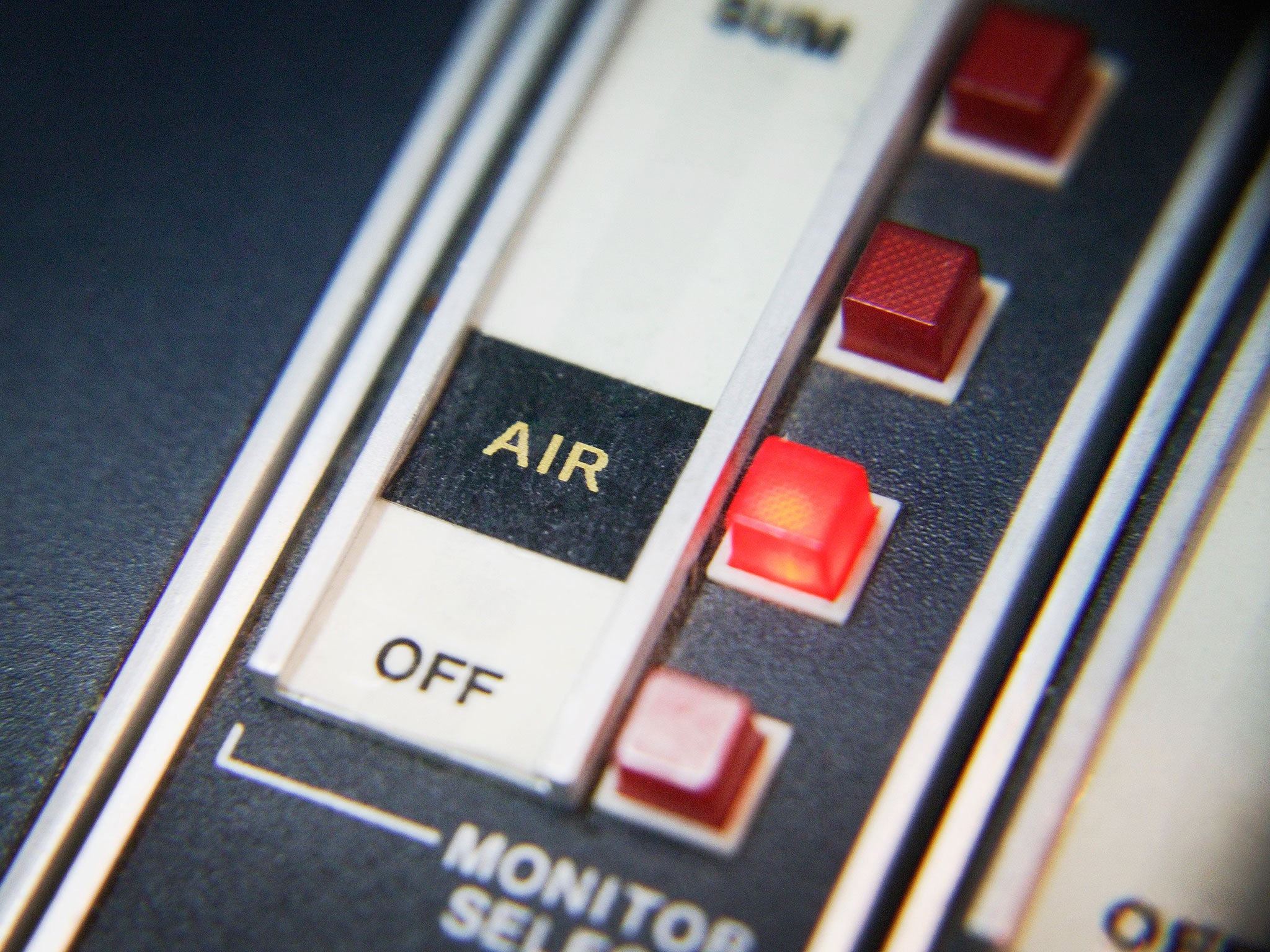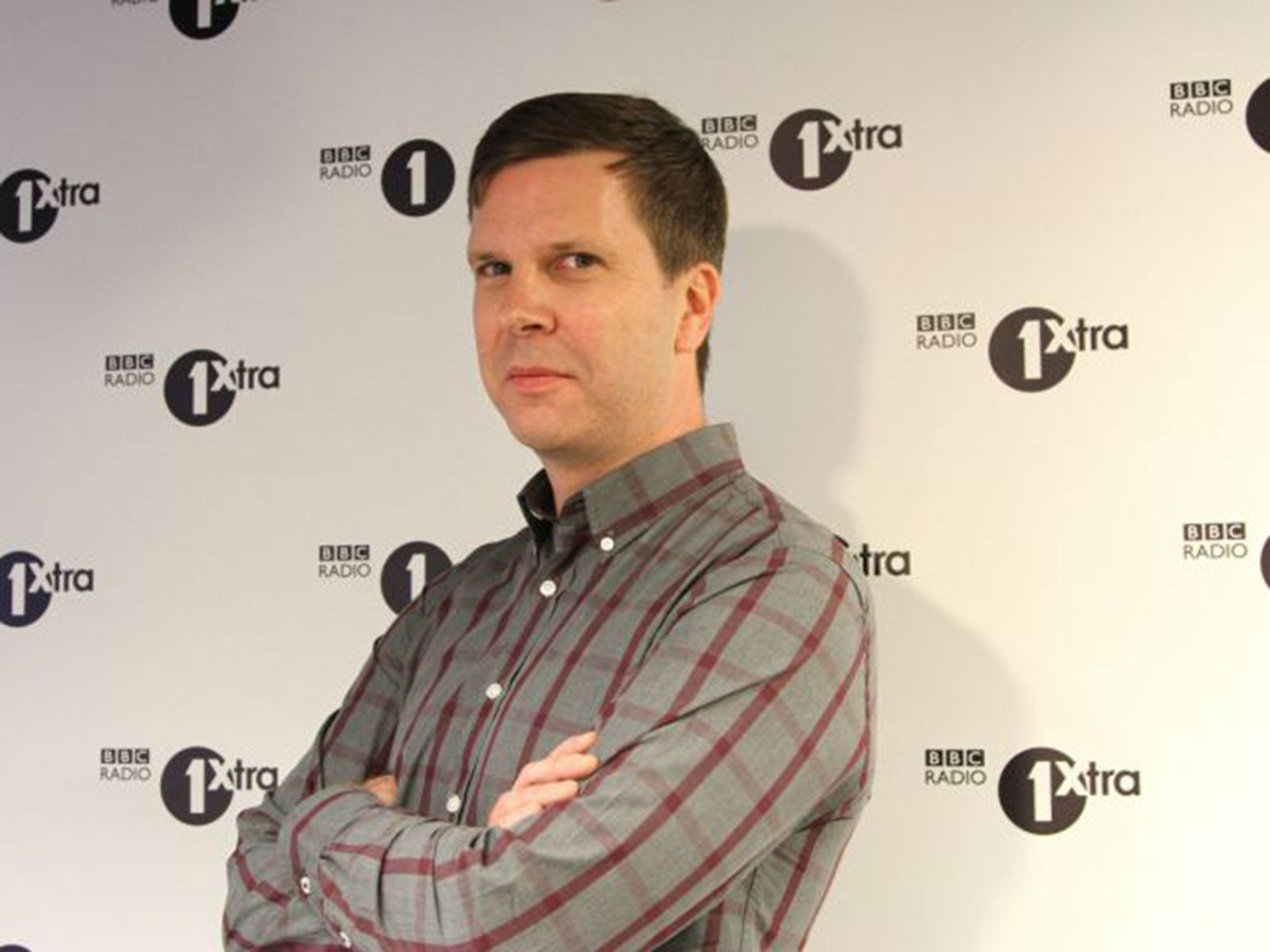BBC Radio 1 promises data will not replace DJs as it hires algorithm playlist expert Chris Price
The new Head of Music for Radio 1 and 1Xtra will be the 'creative and editorial lead' for BBC's youth music stations

Data will not replace DJs, Radio 1 has promised, after appointing an expert in algorithm-driven playlists and “music scheduling software” to identify which songs will become hits.
Chris Price, named Head of Music for Radio 1 and 1Xtra, will be the “creative and editorial lead” for the BBC’s youth music stations and chair the all-important weekly playlist meeting, which decides which new releases are singled out for heavy rotation.
A “music content strategist”, who has worked for the web radio station Last.fm, BT and MTV, Price has written extensively on the challenge radio stations face from streaming playlists, often driven by computer algorithms, which digital platforms use to predict what songs listeners want to hear next.
The author of Justin Bieber & The Self-Perpetuating Upward Spiral, an analysis of the Canadian singer’s dominance on Spotify, Price warns that “the colossal power of streaming playlists” means that “radio is increasingly lagging behind in the hit-maker power stakes.”
Facing competition from Apple’s Beats 1 station, which poached star DJ Zane Lowe, as well as streaming services which offer hundreds of personalised, genre-based “stations,” Radio 1 is battling to retain an audience of 11.5 million young listeners.

Spotify’s Discover Weekly option, which has racked up 2 billion listens since last Summer, creates a personalised playlist of new music based on the playlists of people with similar “taste profiles”.
Spotify also uses an algorithm that employs data from music websites and blogs to create a Fresh Finds playlist. The platform is said to be developing an algorithm that analyses elements of an audio file to assess the “danceability” of a song. Apple Music uses algorithms to help select human-curated playlists for listeners.
Ben Cooper, Radio 1 Controller, said: “The days of Radio 1 competing with Capital and Kiss are over. We’ve got a fight on our hands from Apple and Spotify over new music discovery. Chris brings that really detailed data analysis of what’s happening in the streaming world combined with a great passion for music and human curation.”
Mr Cooper added: “The data won’t take over from the DJs. Chris knows the joy of radio comes from listening to people like John Peel and not knowing what type of track is coming next.”
Radio 1 uses data from platforms such as Shazam and YouTube to inform its weekly playlist decisions but the “gut instincts” of producers who may be passionate about a particular track, still hold sway, the station insists.
Music scheduling software will play a role, however. Mr Cooper said: “Radio 1 is unique because we have the specialist programmes which have the freedom to choose whatever music is relevant to their audience and also a daytime playlist. It’s a mixture of human and computer curation and Chris is in charge of ensuring the best rotation of that playlist.”
Price’s research paper, “Listomania: Winners & Losers in the Battle for Spotify Playlist Supremacy” found that a “mutually reinforcing interplay of streamed and radio playlists weights dramatically in favour of superstar artists.”
He found that “initial sales and airplay success of Bieber’s album track Love Yourself can be largely attributed to a mathematical streaming quirk in its early life on Spotify.” Price argues that broadcast radio stations need to become “mobile, personalised and global” to challenge the power of playlists.
Price said: “Radio 1 & 1Xtra’s Head of Music is the greatest music discovery job on the planet. I’m thrilled to be joining the BBC to continue the incredible work it does breaking new music, as well as steering the networks’ music strategy into the next phase of its digital future.”
Price replaces George Ergatoudis, who quit Radio 1 after a decade to lead “curation strategy and content programming” at Spotify.
Radio 1 is now a “multiplatform” station, attracting 2.9m subscribers to its YouTube channel and is about to launch a monthly gaming show on the BBC iPlayer.
Join our commenting forum
Join thought-provoking conversations, follow other Independent readers and see their replies
Comments